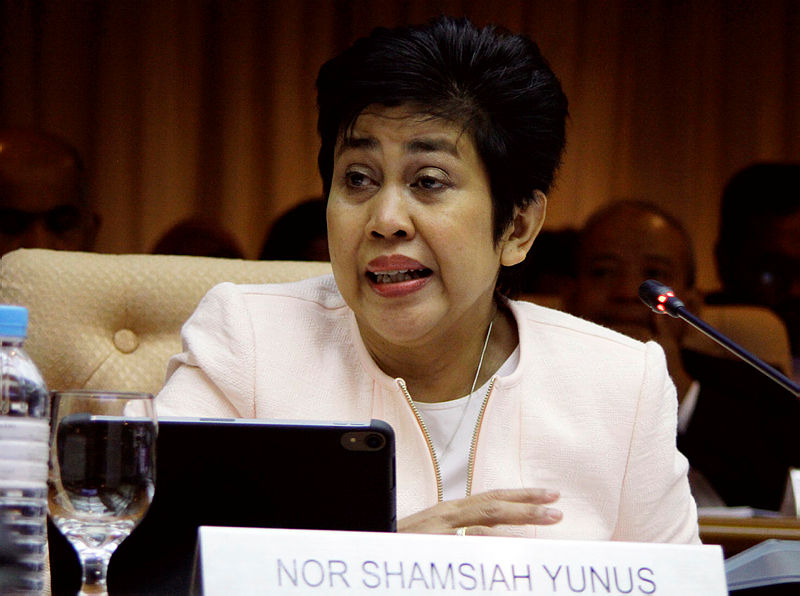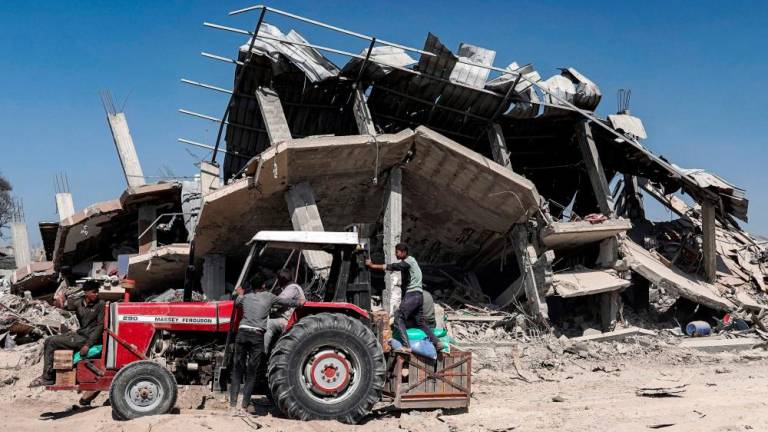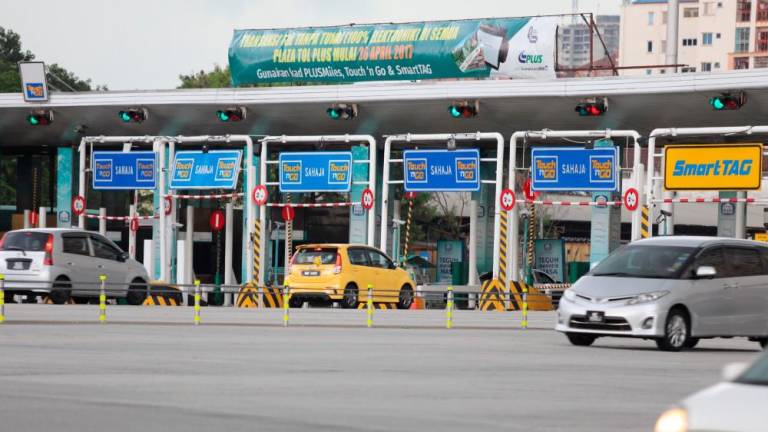KUALA LUMPUR: Malaysia with its abundant natural resources and inherent economic strength is capable of achieving higher growth rate than now with more structural reforms, Bank Negara Malaysia (BNM) Governor, Datuk Nor Shamsiah Mohd Yunus (pix) said.
“The global economy is changing and there are many factors driving global growth. We need to figure out where do we fit in, what are our comparative advantage, what do we need to do now to take advantage of the full potential of our country,” she said.
More structural reforms are needed in generating new growth areas and higher-income jobs, she said.
“What will be the foreign labour policy moving forward. What kind of skills do we need in order for us to transform the economy as well as to take advantage of the technological revolution that is needed if we want to remain relevant going forward,” she told Bernama in an exclusive interview.
Reforming the education system is another area that BNM has been vocal about to ensure that the country is producing sufficient labour force with the rights skills. This is not only important in pushing the country’s growth but also in addressing the cost of living issues, she added.
These are some of the economic issues that need to be addressed urgently to ensure sustainable growth over the medium and long term, she said.
For now, Nor Shamsiah said Malaysia’s economy has the ability to mitigate the impact of external headwinds and grow within the range of 4.3% and 4.8% this year.
Malaysia’s economy expanded better than expected in the second quarter of 2019 at 4.9% (4.5% in the first quarter).
“It is better than expected but it is also due partly to the low base effect. In the second quarter of 2018, we suffered a supply disruption and we see the recovery (in the second quarter of 2019), especially in the commodity production,” she said.
The commodity sector has helped to push the growth in the second quarter, coupled with private consumption that continued to hold up even after the consumption tax holiday. This was supported by continued wage growth.
Asked if Malaysia needs to brace for a slowdown in the second half of the year, the Governor said it all depends on the outcome of trade negotiations between the US and China.
Elaborating further on the on-going trade war, the Governor said BNM has been very transparent by putting in all the facts and trying to contextualise the net impact on Malaysia.
“There are some trade diversions but we have not taken this into account for our baseline growth projection,“ she said, adding that uncertainties surrounding the trade tension have weighed on investor’s sentiments as businesses do not know whether they want to proceed with their investment.
“Looking at it objectively, although the products that are subject to tariff consist of only 2.5 per cent of the total global exports, it has exerted negative spill-over effects on sentiments and uncertainties. That is when we are seeing that the whole global trade and supply chains have been affected,“ she explained.
“Yes, there are external headwinds. We are not saying we are immune to or isolated from it. We still have some strong economic fundamentals and strength that will help us weather the impact,” emphasised Nor Shamsiah, the second woman to helm the BNM after Tan Sri Dr Zeti Akhtar Aziz.
Going forward, private consumption would still be growing with the country enjoying close to full employment and growing wages.
“The resumption in the production of the commodities and revival of some infrastructure projects will also support growth,“ she said.
Among the notable projects that have been revived recently include the RM44 billion East Coast Rail Link (ECRL) spanning 640km and the second phase of the Klang Valley Double Track rehabilitation at a contract value of RM4.475 billion.
The government had earlier announced the commencement of Light Rail Transit - Line 3 (LRT3) worth RM16.63 billion and Mass Rail Transit - Line 2 (MRT2) worth RM30.53 billion.
A total of 121 other infrastructure projects have also received green light after negotiation on cost. — Bernama













